Pope Leo XIV and St. Leo the Great
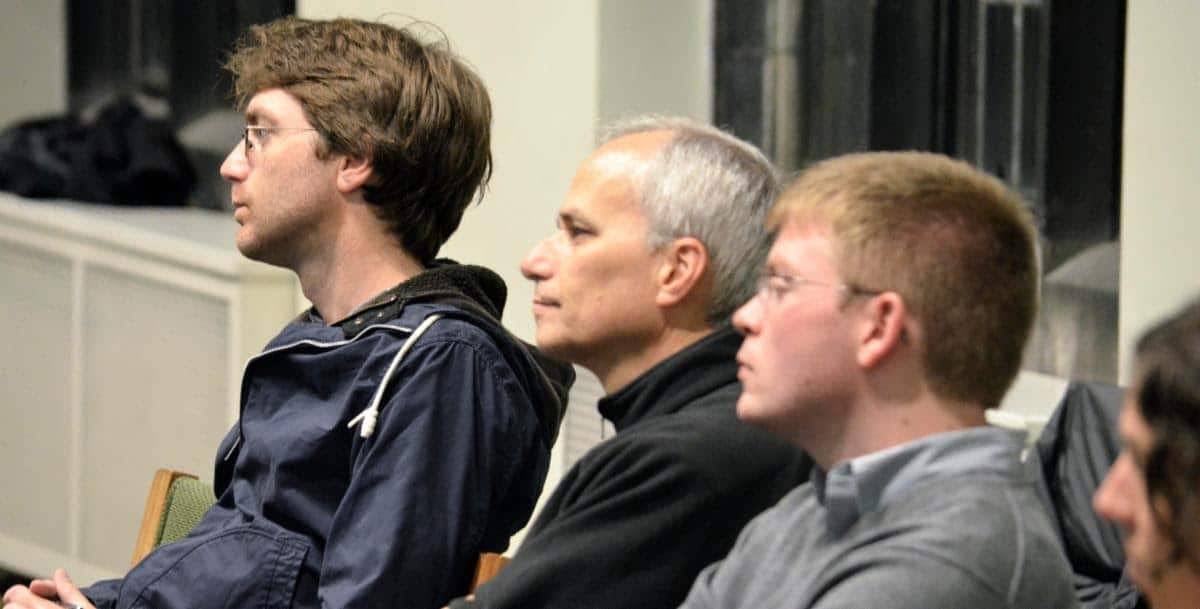
Habemus papam! In his first speech as the successor of St. Peter, Pope Leo XIV exhorted his listeners “to be a missionary Church.” In doing so, he echoed the words of one of his predecessors, Pope St. Leo the Great.
Symposium on Gary Anderson’s Sin: A History
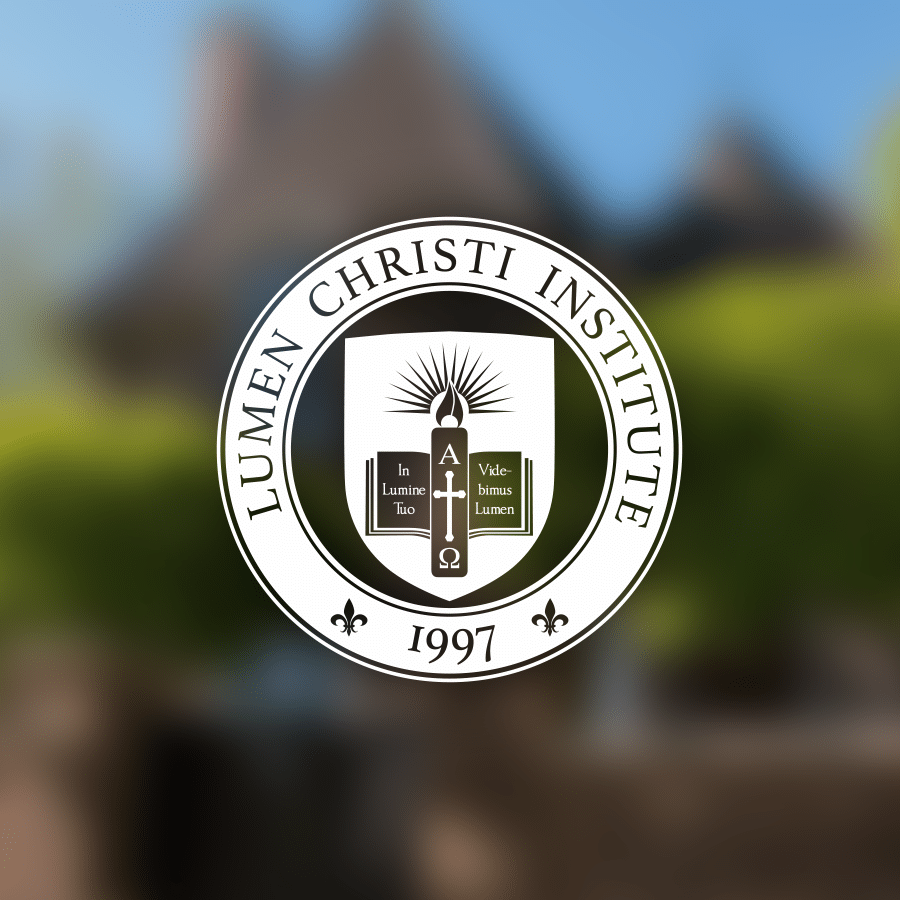
In Sin: A History, Gary Anderson shows how changing conceptions of sin lay at the heart of the biblical tradition. Spanning two thousand years, the book demonstrates how sin, once conceived of as a physical burden, becomes, over time, eclipsed by economic metaphors. Transformed from a weight that an individual carried, this Jewish revolution in thought shaped the way the Christian church understood the death and resurrection of Jesus.
The Apocalypse in Origen and the Origenian Tradition

This lecture will investigate the interpretation of the Book of Revelation, or Apocalypse, in Origen and the Origenian tradition. Why does Origen accept this book, whereas many Origenian exegetes do not? What role does Millenarianism play in this choice, and what kind of exegesis does Origen apply in order to accept the Apocalypse? In answering these questions and others, the lecture looks to two influences on Origen’s thought: Plato and St. Paul, especially 1 Cor. 15.
“Eriugena: The Medieval Irish Genius Between Augustine and Aquinas”
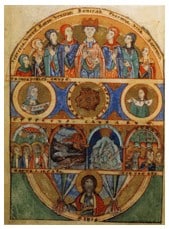
The Carolingian thinker Johannes Scottus Eriugena (810-877CE) is the author of numerous philosophical and theological works. Most famous among them is the Periphyseon or On Natures (864-866CE), a metaphysical dialogue drawing on the Greek and Latin patristic and classical traditions. Having been falsely condemned because of pantheism in 1225, Eriugena was only seriously studied in the twentieth century, which saw a major effort to complete all the critical editions of his works (until 2005). With all the modern tools in place, it is time to map out a vista of what the tradition of medieval Western thought would have looked like, had he not been excised…
Virtue, Action, and Reason: A Conference in Honor of Anselm Müller

The University of Chicago Philosophy Department will host a conference entitled, “Virtue, Action, and Reason” in honor of the Spring 2011 Lumen Christi visiting fellow, Anselm Müeller. The Lumen Christi Institute, along with a number of other institutes on campus, are delighted to act as conference co-sponsors. The publication of Elizabeth Anscombe Modern Moral Philosophy in 1958 is often taken to mark a watershed event in analytic philosophical ethics. In this justly famous paper, Anscombe laid out three controversial theses. First, she argued that philosophers should not do moral theory until they have worked out an adequate philosophy of action and…
“The Book of Ruth”
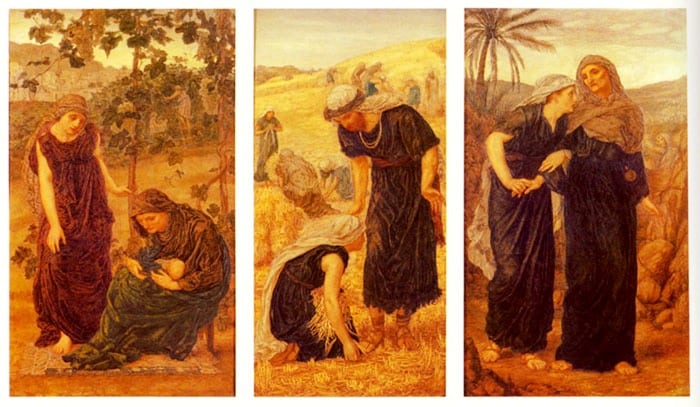
6:30pm Dinner 7:00pm Lecture Intended for university students, faculty, and recent graduates. Others interested in attending, please contact info@lumenchristi.org. The Book of Ruth is exceptional in the Old Testament for the candor and serenity with which it portrays the relations of Israelite to pagan, freeman to dependent, mother-in-law to daughter-in-law. This course of lectures and discussions will include a close reading of the four chapters that make up the book, with an eye to the theological concerns of the sacred author and the importance of the work for Jewish and Christian commentators. Thursday, March 31 Ruth Chapter One: Naomi’s sojourn in…
“The Dignity of Being a Substance”
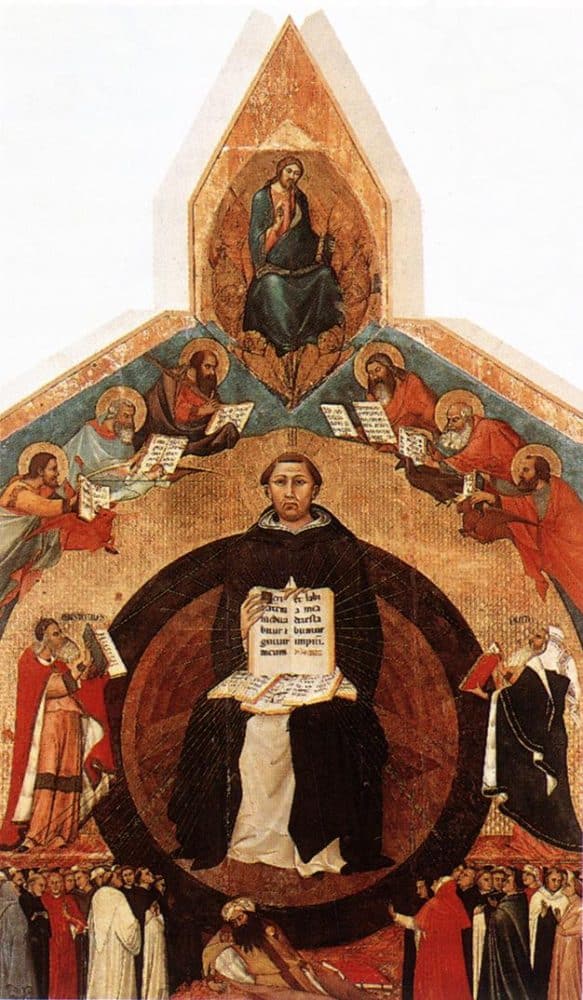
Co-sponsored by the Committee on Social Thought and the Program in Medieval Studies Thomas Aquinas characterized the person as “what is most perfect” and “most worthy” in all of nature. What grounds the dignity of the human being as a person? While in our day a metaphysical approach to the question is undervalued, this lecture attempts to show the value of such an approach in terms of “substance” and “nature.”
“From Natural Law to Human Rights in Jewish Thought”

Co-sponsored by the Ethics Club and Jewish Studies and the Hebrew Bible Workshop TO LISTEN: right click on below links to download or open in new window “From Natural Law to Human Rights in Jewish Thought,” David Novak (part 1) “From Natural Law to Human Rights in Jewish Thought,” David Novak (part 2) “From Natural Law to Human Rights in Jewish Thought,” David Novak (part 3)
“Right Reason”

Co-sponsored by the Ancient Philosophy Workshop and the Practical Philosophy Workshop
“Irenaeus: Bishop, Martyr, and Opponent of Gnosticism”
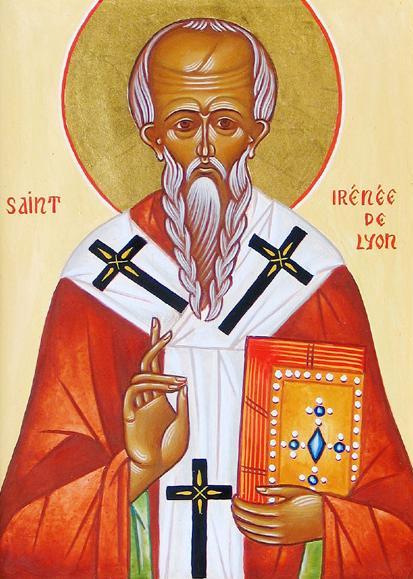
Thursday Evenings, Non-Credit Course, Autumn Quarter 2011 “The Age of the Church Fathers: From Pagan Philosophy to Christian Wisdom” Cobb Lecture Hall, Room 201 5811 S. Ellis Avenue Lecture, 7:00pm Informal Dinner, 6:30pm October 13 “Introduction: Why Study the Fathers?” Fr. Michael Heintz (University of Notre Dame) October 20 “Clement of Alexandria: Neo-Platonism and Christian Wisdom” Brian Daley, S.J. (University of Notre Dame) October 27 “Justin Martyr: Early Christian Engagement with Greek Philosophy” Aaron Canty (St. Xavier University) November 3 “Tertullian: What Does Athens Have to do with Jerusalem?” Msgr. Michael Heintz (University of Notre Dame) Tuesday, November 8, Social Sciences…